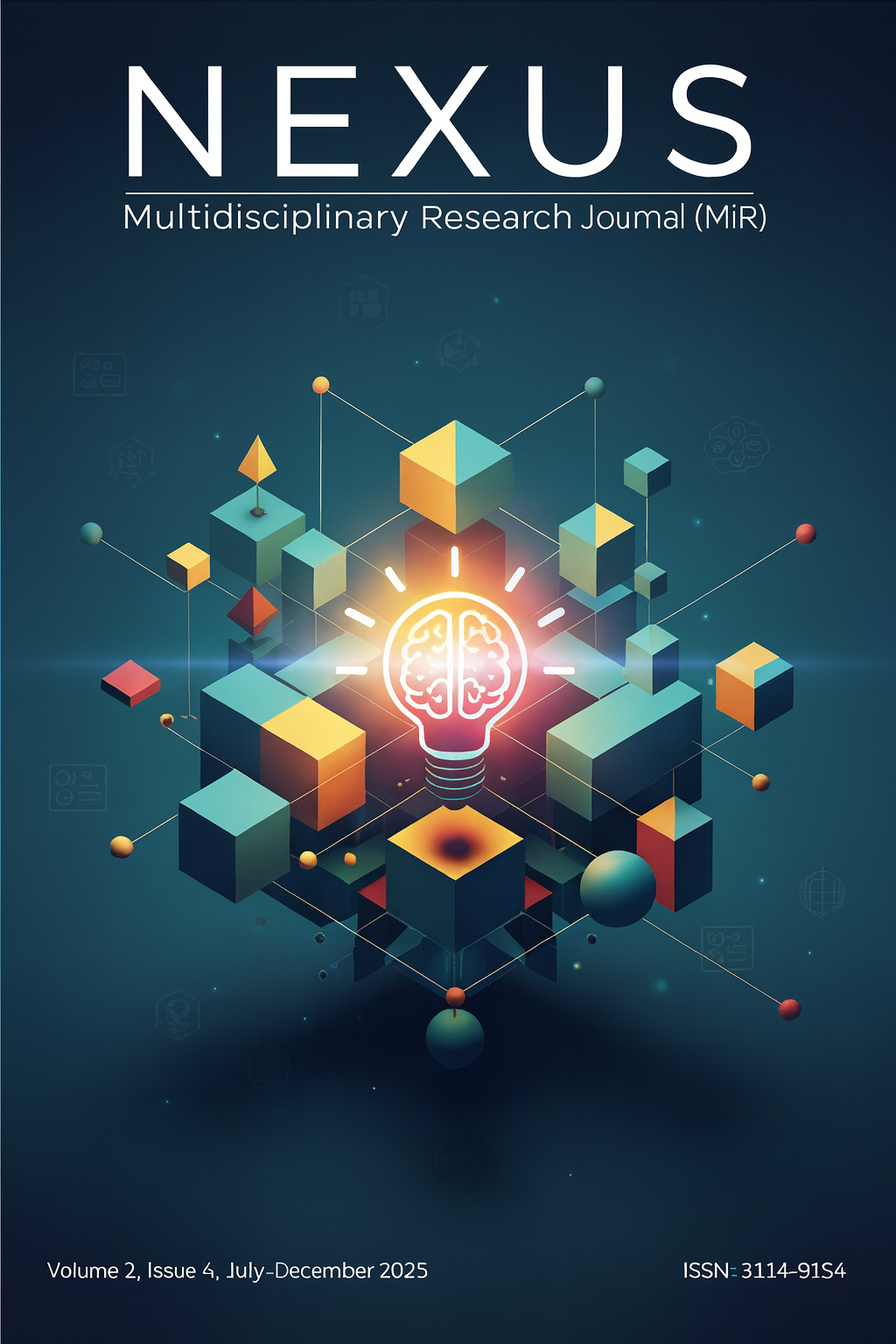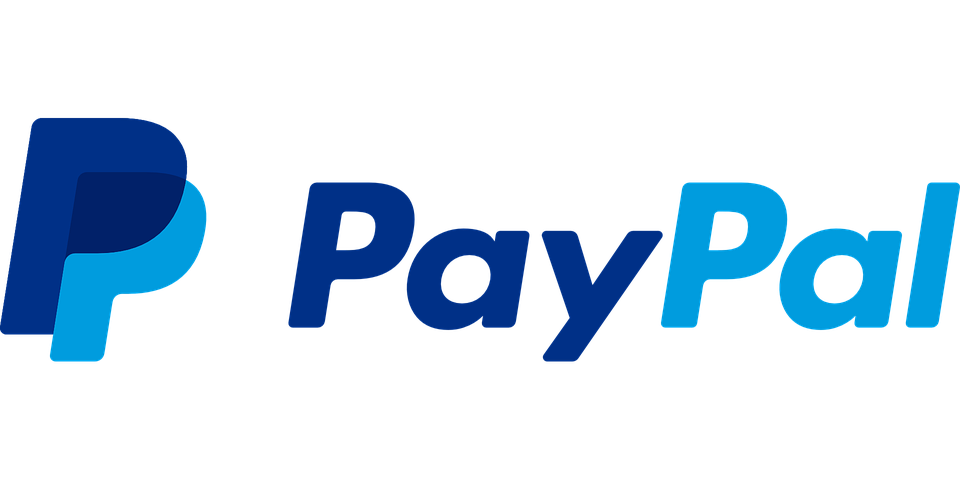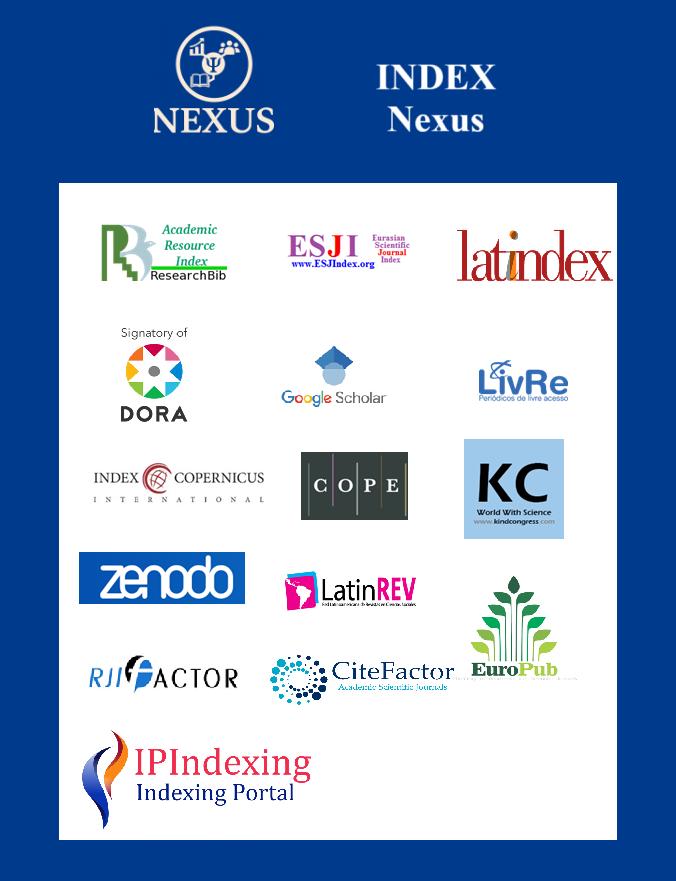The effect of previous experiences on virtual learning on students' self-efficacy during COVID-19: The mediating role of self-regulation
Keywords:
Remote education, Self-efficacy, Self-regulation, COVID-19, SEMAbstract
The COVID-19 pandemic forced many educational institutions to continue the training program from home, considering the use of emergency remote education. Self-efficacy in virtual learning is a crucial aspect for students to perform as expected in such environments. This quasi-experimental study examined the effect of experiences in virtual learning on self-efficacy and evaluated students' self-regulation as a mechanism through which previous experiences influence the self-efficacy of university students (N = 301) during COVID-19 confinement. The results showed that before starting emergency remote education, previous experiences were positively related to self-efficacy, but this relationship also occurred through self-regulation. Meanwhile, it was found that after completing the cycle of emergency remote education, only students with higher self-efficacy were those who had prior virtual experiences and were self-regulated. The findings of this study highlight the adverse effect of the lack of preparation of educational institutions on students' learning process.
Downloads
Downloads
Published
Issue
Section
License

This work is licensed under a Creative Commons Attribution-NonCommercial 4.0 International License.










